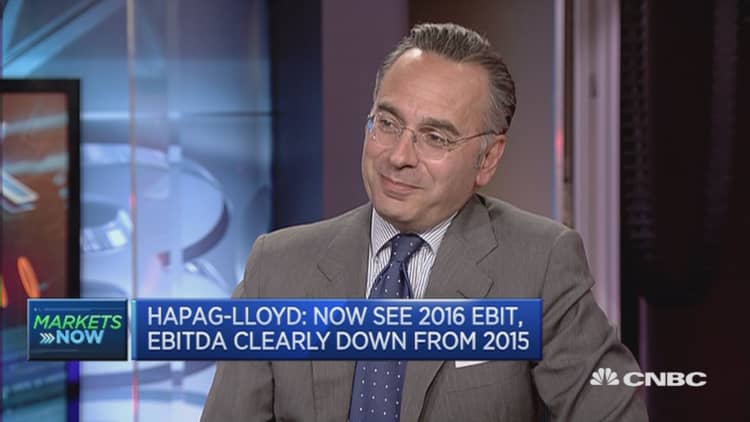The splurge in monetary stimulus by major central banks means even tiny interest-rate raises may cause serious trouble for countries' economies, a chief investment officer and economist told CNBC on Monday.
Tressis Gestion's Daniel Lacalle spoke at a time when Japan looks set to soon enact further monetary stimulus and the U.S. Federal Reserve is expected to delay its next rate hike because of the U.K.'s Brexit vote.
"The problem is that we have entered into such massive monetary policies … the environment both at the corporate level and at the government level is unable to digest a small (interest rate) increase of 25 basis points," he said.
"So how do we get out of this problem without causing further problems because now … we are only going to see the zombification of economies," Lacalle added.
The Bank of England surprised markets last week by opting to hold rates at 0.5 percent rather than cutting them by 25 basis points in the wake of the U.K.'s vote to leave the European Union in June.
On Thursday, the European Central Bank will announce its first monetary policy decision following the Brexit vote.
In an on-air conversation with Lacalle, Baring Asset Management Head of Multi Asset and Income Marino Valensise said central banks should leave rates on hold and governments should use fiscal spending to boost growth.
He advocated countries using "helicopter money" — an informal term to describe the printing of large sums of money to stimulate the economy during deflationary periods.

"I think you have to move out of monetary policies and leave rates where they are and probably go for the helicopter. As (Arnold) Schwarzenegger used to say in one of his movies, 'Get to the chopper,'" Valensise told CNBC on Monday.
"What you need is an agreement between the central banks and the government of some countries so that the central banks create money under certain conditions that the government can then spend effectively," he later added.
The International Monetary Fund cuts its global economic growth forecast again in April to 3.2 percent in 2016 and 3.5 percent in 2017. It will publish an updated estimate on Wednesday, which may include another downgrade in the wake of the financial fallout that followed the Brexit vote.
Correction: Marino Valensise is Baring Asset Management's Head of Multi Asset and Income
—Follow CNBC International on Twitter and Facebook.

